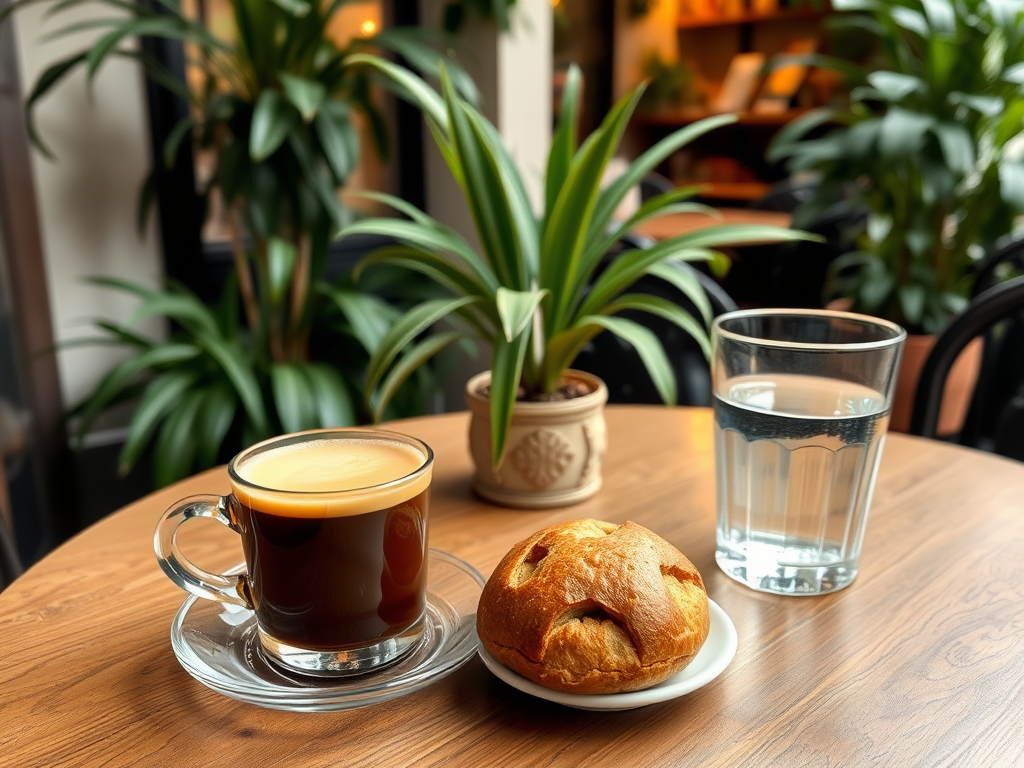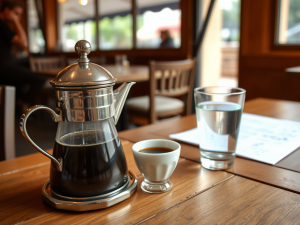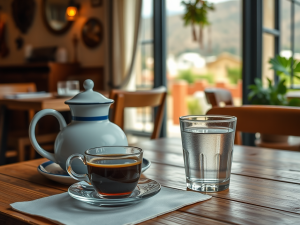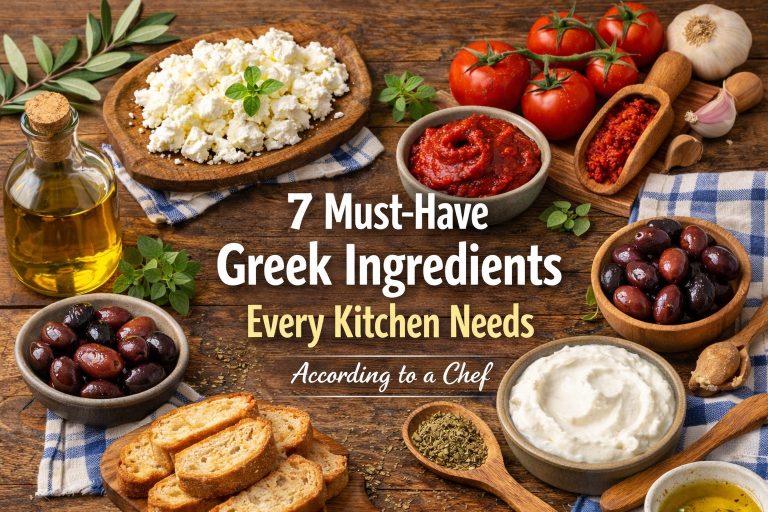
Introduction
Ellinikos kafes, or Greek coffee, is more than just a beverage; it is a cultural ritual deeply embedded in the social fabric of Greece. Known for its rich flavor and unique preparation method, this traditional coffee is a symbol of hospitality and community. In this article, we will explore the history, preparation, cultural significance, and the modern evolution of Ellinikos kafes in Greek society.
History of Greek Coffee
The roots of Greek coffee extend back to the Ottoman Empire, where coffee was introduced to the region in the 15th century. Initially, it was a luxury enjoyed by the elite, but over time, it became widely accessible. The first coffeehouses, known as “kafeneia,” emerged in the 18th century and quickly became popular gathering spots for men. These venues played a pivotal role in the social and political life of the times, serving as places for discussion, debate, and camaraderie.
The Evolution of Coffee in Greece
As Greek society transformed, so did the coffee culture. After Greece gained independence in the 19th century, coffee became a national staple. The preparation methods and flavors adapted, with the development of the traditional Greek coffee we know today. The method of brewing in a briki, along with the finely ground coffee, distinguishes it from espresso or Turkish coffee.
Preparation of Ellinikos Kafes
Ingredients
To make Ellinikos kafes, you will need:
- Finely ground coffee: Preferably Arabica, known for its smooth flavor.
- Cold water: The quality of water can affect the taste.
- Sugar: Optional, but commonly used.
- A briki: A small, long-handled pot designed for brewing.
Steps
- Measure the Ingredients: Use one heaping teaspoon of coffee per cup of water. Adjust based on personal taste, adding sugar to preference.
- Combine Ingredients: In the briki, add the ground coffee, cold water, and sugar. Stir to ensure everything is well mixed.
- Heat Slowly: Place the briki on low heat. The key is to allow the coffee to heat gradually, preventing it from boiling too quickly.
- Watch for the Foam: As the coffee heats, a foamy layer will form. This foam, called “kaimaki,” is essential for the authentic experience. Remove the briki just before it boils to avoid overflow.
- Serve: Pour the coffee into small cups, allowing the grounds to settle at the bottom. It is customary to serve it with a glass of cold water.
Serving Styles
Greek coffee can be served in different styles:
- Sketos: No sugar.
- Metrios: A moderate amount of sugar.
- Glycos: Sweetened with a lot of sugar.
This personalization reflects the drinker’s preference and is often a topic of conversation among friends.
Cultural Significance
Ellinikos kafes is often enjoyed leisurely, reflecting the Greek philosophy of savoring life. It is commonly served during social gatherings, celebrations, and even business meetings. The act of brewing and sharing coffee fosters connections among friends and family.

Coffee and Conversation
In Greece, coffee is synonymous with conversation. The phrase “kafeneio” refers to traditional coffeehouses where people can relax and engage in discussions. These establishments are vital to Greek culture, serving as venues for everything from casual chats to serious debates. The slow pace encourages deep connections and meaningful exchanges, often lasting for hours.
A Symbol of Hospitality
Offering coffee to guests is a hallmark of Greek hospitality. It signifies warmth and welcome, showcasing the host’s generosity. The ritual of serving coffee is often accompanied by small sweets or biscuits, enhancing the experience and fostering a sense of community.
Modern Evolution of Greek Coffee
In recent years, Greek coffee has gained international recognition, with cafes around the world beginning to offer it as part of their menus. This resurgence has led to a renewed interest in traditional coffee preparation techniques and the cultural narratives surrounding them.
Coffee Culture Today
Modern Greek cafes often blend traditional and contemporary styles, providing a space for both young and old to enjoy Ellinikos kafes. Many establishments host events, such as poetry readings and music nights, further reinforcing the coffeehouse’s role as a cultural hub.
The Rise of Specialty Coffee
Alongside traditional methods, the specialty coffee movement has found its way to Greece. Baristas are experimenting with different brewing techniques, origins of coffee beans, and flavor profiles. This fusion of tradition and innovation offers coffee lovers a diverse range of options while still honoring the roots of Greek coffee.

Conclusion
Ellinikos kafes is a cherished part of Greek heritage, embodying the spirit of hospitality and community. Whether enjoyed at home or in a bustling kafeneio, it represents more than just a drink; it is a way of life. By understanding and appreciating its preparation and cultural importance, one can truly savor the essence of Greece in every cup. As this beloved beverage continues to evolve, it remains a timeless reminder of the rich traditions that shape Greek identity.



